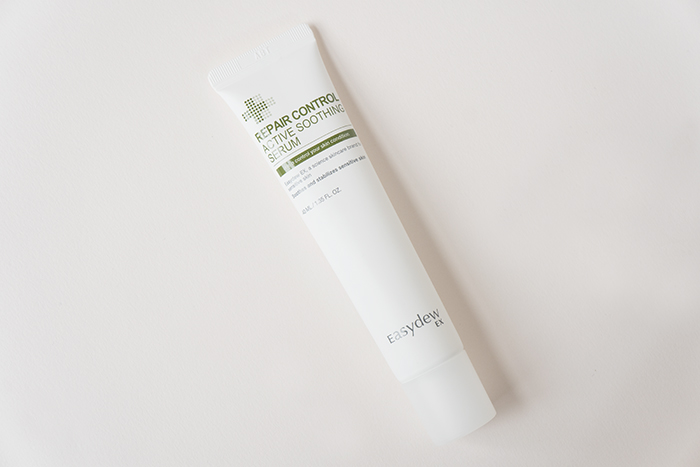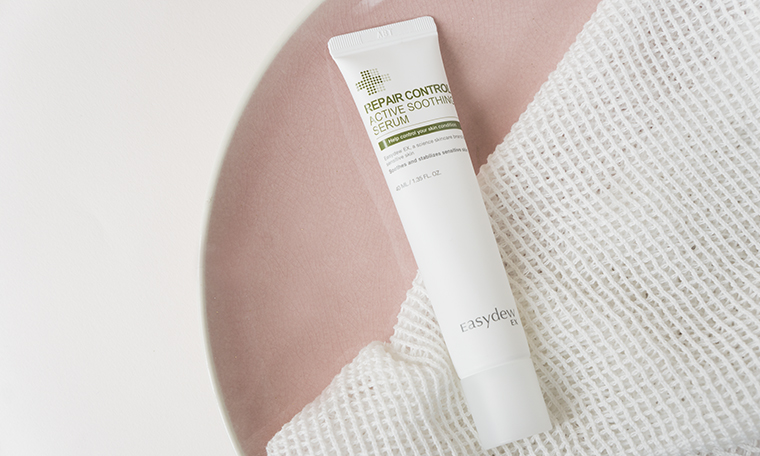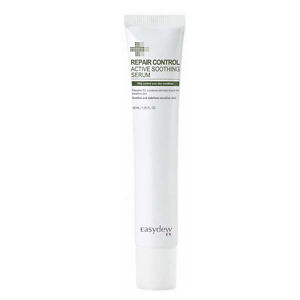What are the benefits of allantoin for skin? Since it’s really easy to become overwhelmed when searching for a new product, Ingredient Spotlight is here to break down the basics. Here we’ll teach you how an ingredient works and leave you with product recommendations to help you with your search.
In the skin care world, there are a lot of ingredients that get tons of hype and just about everyone knows what they do. Cue hyaluronic acid, centella asiatica, retinol, and many others. They’re famous because they’re great ingredients, but one thing I love in exploring new products is discovering underdog ingredients. It’s so exciting to discover an ingredient that doesn’t have the buzz of popular ingredients, but often has just as many benefits.
This is the case with allantoin. Last time I was in Seoul, I picked up a new cleanser that I absolutely fell in love with. It left my skin super soft, didn’t strip my skin at all, and helped to keep my skin clean and clear.
When I was reading the ingredients, I recognized just about all of them, but aside from glycerin, I couldn’t really attribute any of the above effects to any of the ingredients I recognized. Then I saw allantoin. I took out my phone and ran a couple of Google searches, and suddenly found myself going all in on this new ingredient. The benefits of allantoin are astounding, and I couldn’t wait to shed the light on this hidden gem.
What is allantoin?
Allantoin is a skin-soothing and skin-conditioning agent. It’s actually a super common ingredient that’s used in cleansers, serums, moisturizers (just about everything). That’s primarily because there is extensive research on it that proves its healing effects on skin. It’s used in standard skin care, but it’s also not uncommon to find allantoin in medical-grade products and prescriptions because of its healing and repairing benefits.
Where it comes from:
Allantoin is a naturally-existing compound in the body, and is found in the urine of most mammals (um, gross). But using allantoin doesn’t mean you’re putting pee on your face. It’s also naturally-occurring in various plants, most commonly the comfrey plant, and can also easily and effectively be synthetically developed. In most skin care products, it comes from either a lab or from a comfrey plant.
What does it do?
Allantoin has loads of good effects, but the vast majority of them arise from the fact that allantoin actively supports and promotes cell turnover and skin regeneration.
Soothing: Allantoin is renowned for its ability to soothe and calm the skin by helping it to gently regenerate itself. It has actually been used to treat abrasions, minor wounds, and conditions like eczema and psoriasis. It helps to soothe irritation and support skin regeneration. Allantoin is super gentle, and the vast majority of research done on it shows that it is generally safe for use on even the most sensitive skin.
Moisturizing: Unlike many exfoliators, while allantoin helps to slough away dead skin cells, it also works to help your skin retain moisture. This means it not only leaves your skin more hydrated, but also helps to smooth and even out skin texture to leave it supple and soft.
Healing: This is where allantoin really catches my attention. Because allantoin helps to support cell turnover and repair the surface of the skin, it’s a great ingredient to incorporate if you are suffering from acne scars. But if you suffer from acne scars, your skin is also probably pretty sensitive. I know loads of products that claim to help re-surface and heal my acne scars and end up just irritating my skin. So allantoin is incredible because it helps to slough away dead skin and even out the skin’s surface, but is incredibly gentle and safe.
For this reason, allantoin is commonly found in products that are meant for resurfacing the skin and healing scars. In such formulas, allantoin will contribute to the turnover process but will also balance out other stronger ingredients by calming and moisturizing the skin.

This is the logic behind the Easydew EX Repair Control Active Soothing Serum. It incorporates medical grade EGF, which is a super powerful ingredient for fighting acne scars, and then incorporates allantoin to support that turnover process while also alleviating any potential irritation.
The Bottom Line
While it may not have the glitz and glam of some other ingredients, allantoin has a ton of benefits for just about every skin type. Whether you’re looking to soothe, moisturize, even out, or heal your skin, allantoin is a worthwhile ingredient to incorporate. So, next time you see it in a product you’re considering, give it a try!



